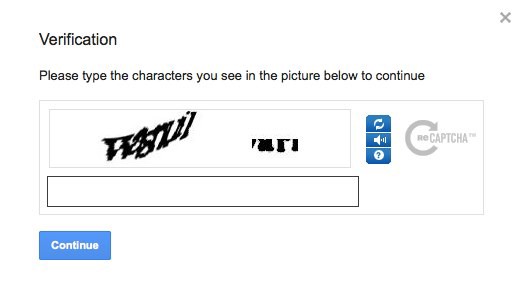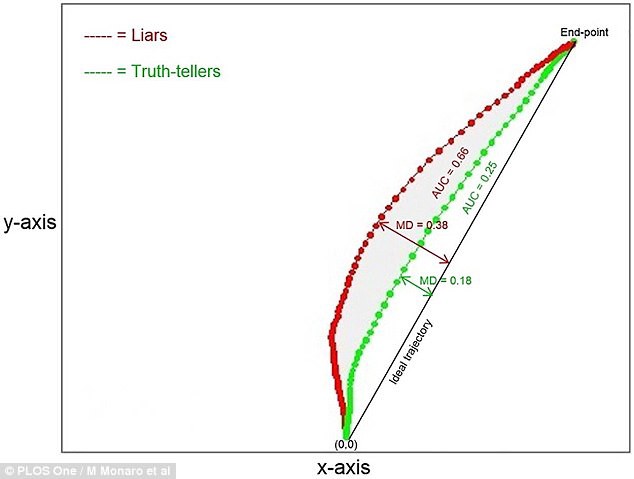Your Computer Mouse Knows If You’re Lying

The mouse you used to click this article says more about you than you think.
Most of us are familiar with CAPTCHA — those annoying squiggled text tests that require you to type in distorted words or numbers. They’re designed to weed out automated spambots, and they’re easily one of the most obstructive things on the internet. (I’m not being dramatic. Check out this monstrosity that actually came my way.)

Back in 2014, Google did us all a favor by simplifying these tests. The company developed technology that allowed it to tell the difference between a person and an automated program by simply tracking clues that don’t involve any user interaction. CAPTCHA was reduced to nothing more than a single checkbox next to the statement “I’m not a robot.” The giveaways that separate man and machine can be as subtle as how a person moves a mouse in the moments before that single click.
Now, researchers have found a way to utilize that same technology to find out if internet users are actually who they say they are. That’s right — the mouse you’re using to scroll through this article can indicate whether or not you’re lying about your identity.
Here’s how it works: In a recent study, 40 respondents were quizzed on their personal details. Half of the respondents were asked to answer the questions truthfully, but the other half were given details about fake identities they had to memorize and use in the quiz.
Some of the questions asked about ethnicity and where participants lived (“Are you Italian?” or “Do you live in Toscana?”). And one asked for the person’s zodiac sign—a difficult question to answer for those who’d been asked to assume a fake identity.
While the participants took the quiz, mouse tracking software followed their movements. The researchers found that fake answers produced a style of movement different from that of people who answered truthfully. The difference was more pronounced when participants responded to unexpected questions, like the zodiac one. Typically, liars had a distinctive average mouse movement that was more circuitous than the truth tellers.
“Truth-tellers are supposed to be able to retrieve the responses about their true zodiac more automatically than liars, therefore, their response is expected to be more rapid, with less errors and characterized by a more direct mouse trajectory,” the study said.

So, what does this mean for the average internet user? Well, for starters, stopping online identity theft before it happens might get a little easier. Take security questions, for instance. Could a thief identify the cross street of your home address? Do they know your favorite deodorant brand? Or could they name the first concert you ever attended? Not without hesitating first. And their mouse may prove it.
